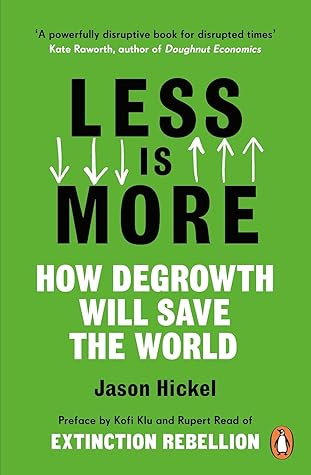his steam engine, which was significantly more efficient than previous versions: it used less coal per unit of output. Everyone assumed that this would reduce total coal consumption. But oddly enough, exactly the opposite happened: coal consumption in England soared. The reason, Jevons discovered, was that the efficiency improvement saved money, and capitalists reinvested the savings to expand production. This led to economic growth – and as the economy grew, it chewed through more coal. This odd result became known as the Jevons Paradox. In modern economics, the phenomenon is known as the
...more
Welcome back. Just a moment while we sign you in to your Goodreads account.


